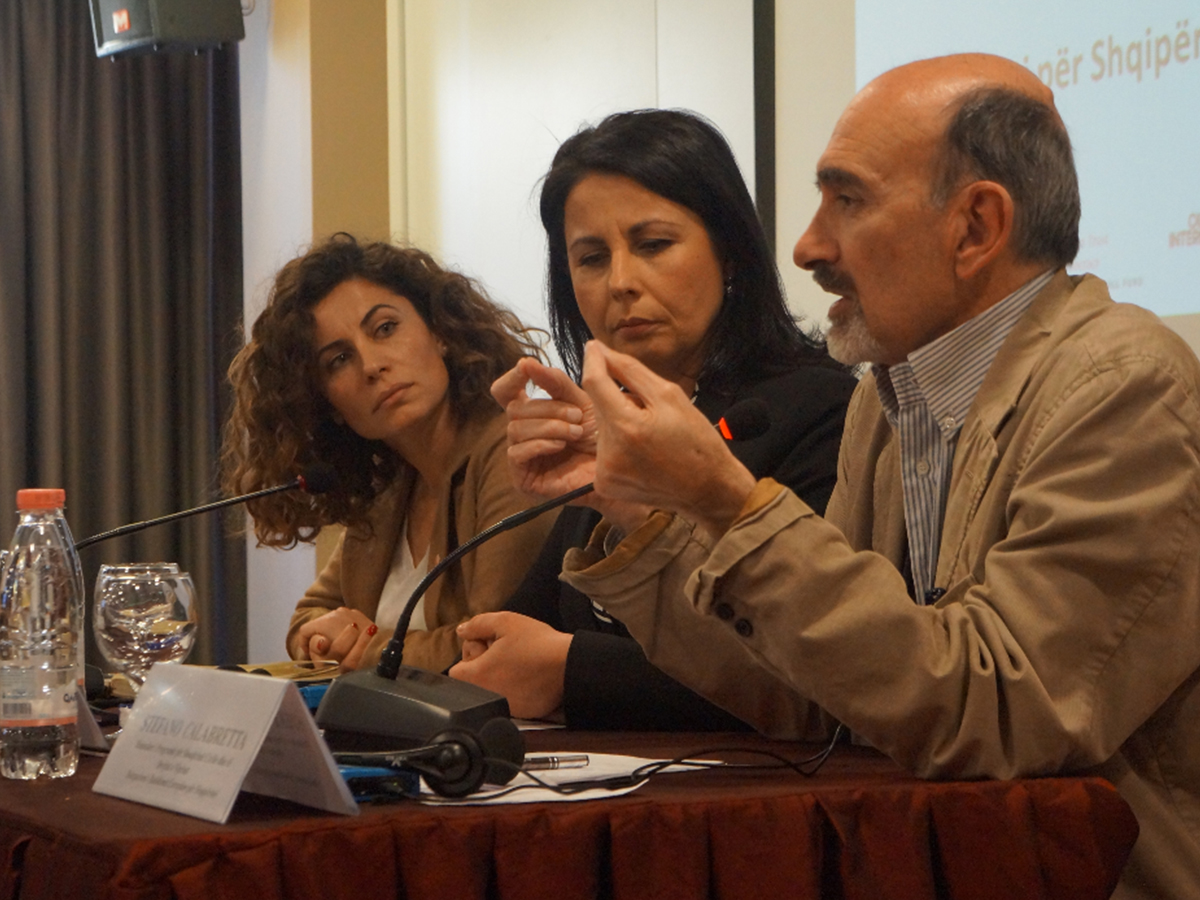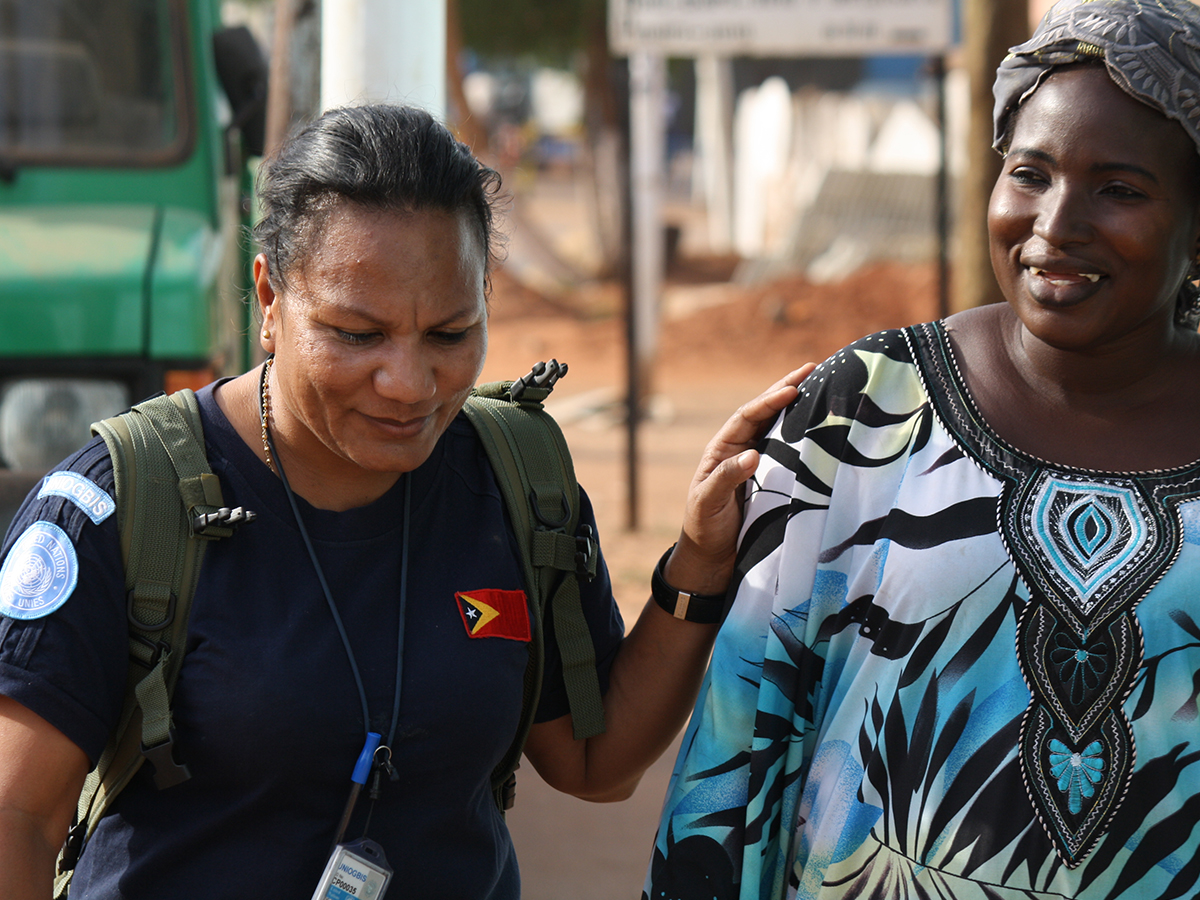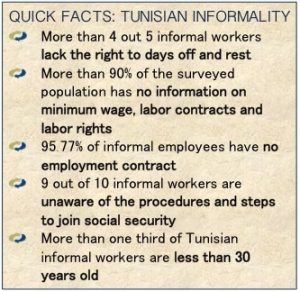
The Intersection of Politics and Civil Society in Albania
07/13/2017
Partners for Security in Guinea
07/16/2017Tunisia Inclusive Labor Initiative
Entrepreneurship has a crucial role in the growth of local and national economies, after all a vibrant private sector helps to create jobs and expands opportunities for underserved populations. However, fostering vibrant economies doesn’t just include price liberalization and macroeconomic stabilization initiatives. Progressive governments committed to their country’s economic health pay particularly close attention to the quality of laws and regulations that shape daily economic activity.
This is especially true in Tunisia, where despite having one of the highest per capita GDPs, Tunisia continues to suffer from a 40% informal sector workforce and high unemployment. To assist with tackling this issue, the Global Fairness Initiative, Partners for Democratic Change and the Tunisian Association for Management and Social Stability partnered to create the Tunisia Inclusive Labor Initiative (TILI). The initiative is creating an inclusive legal and economic framework by working with local and national authorities to improve informal workers’ access to decent work and government protections. The program is improving the government’s ability to measure Tunisia’s informal sector by raising awareness of its contributions and conditions. The objectives of the program includes incorporating and improving informal workers’ needs, incentives and services; increasing the advocacy capacity of informal workers and their representative organizations; and increasing the government’s capacity to encourage formalization.
In a 2014 study, Tunisian economist Karim Trabelsi said informal economy workers often lack standard legal protection and medical care while facing high levels of risk at the workplace, particularly in agricultural and construction. Despite the risks, workers reported a relatively high rate of satisfaction with their income and often resisted moving to the formal sector, where job security is much better. Red tape is another impediment to the integration of informal activities in the formal economy. – ‘Informal Economy presents Tunisia with thorny issue’
Globally, just like the formal economic sectors, the informal economic sector contributes significantly to economies. This is especially true in developing countries where the official Gross National Income (GNI) metric contributes to just about 40%. Even though the informal sector is critical to the financial stability of many communities, unlike the formal economy, activities in the informal economy are not included in a nation’s gross national product (GNP) and gross domestic product (GDP). In addition, informal workers lack the stabilization of state benefits and employment protections. As such, integrating the informal economy into the formal sector is an important policy challenge.
Although, more work needs to be done to increase opportunities of Tunisia’s working class communities, Tunisia is taking the necessary steps to establish a transparent system that not only expands registration, but also extends the rights and protections of its entire workforce. By creating opportunities for its citizens to forge their own economic independence, local and national government is helping to create the catalyst for economic growth and employment.
Presently, TILI has successfully collaborated and engaged with all relevant Tunisian Ministries on the issues of informality. As key partners, they have collaborated in all TILI activities including media campaigns, formalization guides, and local dialogues and trainings. Furthermore, TILI is the first civil society program partnership and funding recipient for Tunisia’s Ministry of Employment. The joint pilot program will coach more than 200 workers on the formalization process. Below are some of the key milestones of the initiative.
Micro Finance:
TILI continues to partner with TAYSIR, a microfinance organization that promotes formalization within the microfinance sector. TILI has trained TAYSIR’s loan officers on formalization to inform entrepreneurs on the benefits of formalizations and the process. TILI has also worked with TAYSIR to develop a preferential loan package for entrepreneurs who formalize their business.
Worker Education and Leadership:
TILI has supported the creation and growth of four informal worker associations with trainings, specifically association development, conflict mediation and facilitation, advocacy, formalization and technical trainings for specific sectors. With the support of TILI the associations have taken on greater leadership roles by regularly meeting with government officials, participating in local and regional development initiatives, and member capacity development for public advocacy. The associations have also taken the initiative to find additional partners and many have secured additional resources and they have utilized new funding to care tailored workshops and conferences within specific regions and sectors.

